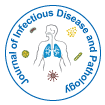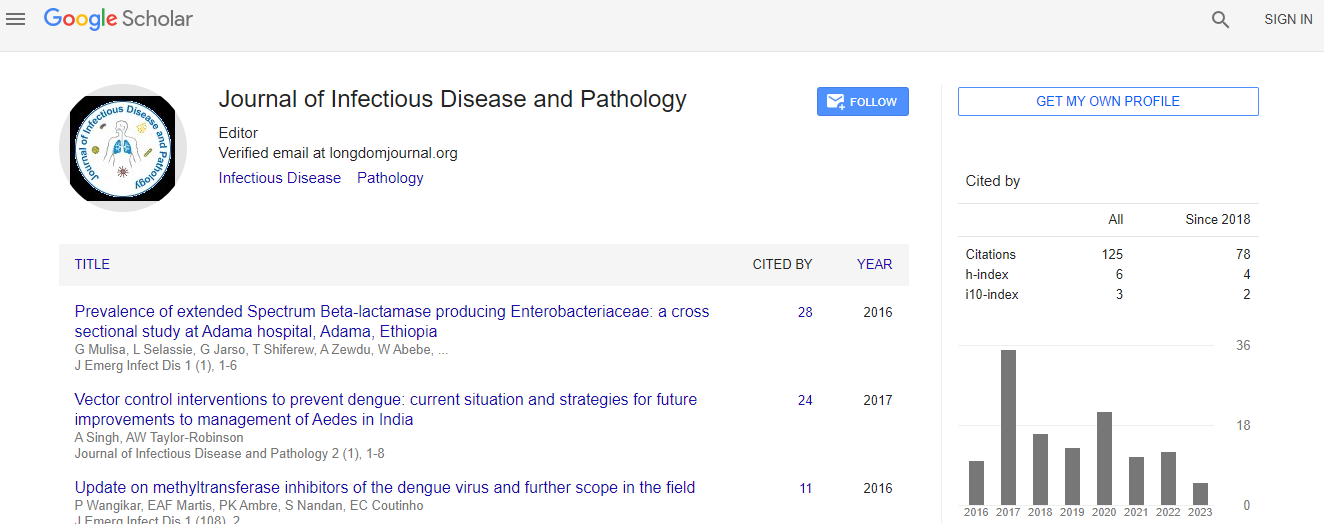Short Communication
Paradigm Shift in Transmission of Vector Borne Diseases
Upasana Shyamsunder Singh1, Monali Praharaj2, Chayan Sharma1 and Aparup Das1*1Division of Genomic Epidemiology, Centre for Research in Medical Entomology, 4 Sarojini Street, Chinna Chokkikulam, Madurai – 625002, India
2Department of Molecular Microbiology and Immunology, Johns Hopkins Bloomberg School of Public Health, 615 North Wolfe Street, Baltimore, MD 21205, USA
- *Corresponding Author:
- Aparup Das
Division of Genomic Epidemiology
Centre for Research in Medical Entomology
4 Sarojini Street, Chinna Chokkikulam
Madurai – 625002, India
Tel: +91 011 25307
E-mail: aparupdas.crme@gmail.com
Received date: October 21, 2016; Accepted date: November 10, 2016; Published date: November 20, 2016
Citation: Singh US, Praharaj M, Sharma C, Das A (2016) Paradigm Shift in Transmission of Vector Borne Diseases. J Emerg Infect Dis 1:116. doi: 10.4172/2472-4998.1000116
Copyright: © 2016 Singh US, et al. This is an open-access article distributed under the terms of the Creative Commons Attribution License, which permits unrestricted use, distribution, and reproduction in any medium, provided the original author and source are credited.
Abstract
Infectious diseases transmitted by insect vectors, otherwise known as Vector Borne Disease (VBDs) are causing havoc in the tropical and sub-tropical regions of the globe. Diseases like malaria, dengue, chikungunya, and zika are endemic to many of the countries. These VBDs not only cause mortalities, but some of them also cause high morbidity. Under a traditional model of disease transmission, symptomatic human hosts (patients) are considered to be the reservoir of pathogens which are then taken by the insect vectors and infect a new uninfected human host. This model therefore, assumes that the rate of transmission of VBDs is dependent on the number of symptomatic hosts in the population. However, in recent years this model seems not to hold true. In turn, recent research works have indicated that disease transmission is majorly contributed by otherwise underestimated high number of asymptomatic individuals in the population. In this communication, we have brought about the cases of high number of asymptomatic individuals infected with malaria, dengue and chikungunya in synthesizing and bringing into notice the importance of asymptomatic infection and the future direction to control VBDs through appropriate surveillance. We have also proposed a model to understand the relationship between symptomatic/asymptomatic infections and outbreak of epidemic/ inter-epidemic periods.

 Spanish
Spanish  Chinese
Chinese  Russian
Russian  German
German  French
French  Japanese
Japanese  Portuguese
Portuguese  Hindi
Hindi 